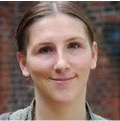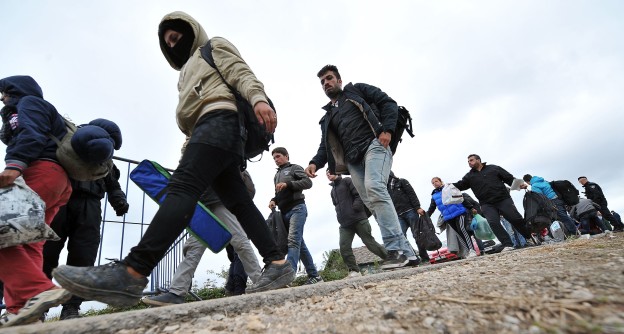Photo: Strait Times
It is increasingly acknowledged that there is no clear dichotomy between ‘forced’ and ‘voluntary’ migration. Instead, migration dynamics and migrants’ lived experiences suggest a blurring of the boundary between forced and voluntary, with combinations of choice and constraint that vary among individuals and groups, but also over time. Despite calls to integrate analysis of displacement into understandings of social transformation, however, there is still a distinct divide between bodies of literature on conflict-related migration and migration studies more broadly.
Date and time: May 3.rd, from 1200-1330
Place: Department of Sociology, Rosenberggaten 39, ground floor
A light lunch will be served
In her presentation, Erdal focuses on a classic migration trajectory (leaving – arrival and reception – settlement – return or onward migration) to critically examine what these two bodies of literature have to say about each of these key points in the migration journey. Using examples from her and her colleagues’ qualitative research on ‘displacement’ from Afghanistan, and ‘migration’ from Pakistan, she highlights specific areas where the differential labelling of an individual migrant as ‘forced’ or ‘voluntary’ has a distinct effect (e.g. arrival and reception) and where this effect may be less apparent or ‘blurred’ (e.g. leaving or onward migration). In doing so she demonstrates the value of a conversation between the two bodies of literature, incorporating insights about the nature of displacement – with its inherent links to conflict and insecurity – as part of a larger picture of migration as a social process.
 Marta Bivand Erdal is a senior researcher at PRIO. Her research focuses on migrant transnationalism, including remittances and diaspora engagements; on processes of migrant integration, including citizenship practices in diverse contexts; and on return migration and sustained transnational mobilities.
Marta Bivand Erdal is a senior researcher at PRIO. Her research focuses on migrant transnationalism, including remittances and diaspora engagements; on processes of migrant integration, including citizenship practices in diverse contexts; and on return migration and sustained transnational mobilities.
About the Seminar series:
Migration responses
Debating the current refugee crisis in Europe
The IMER Bergen Seminar series for the spring of 2016 will discuss a wide range of responses in the wake of the current migration crisis. How can the theoretical and empirical research currently being conducted on migration, ethnic relations, peace and conflict contribute to understanding the multi-faceted landscape of politics, boundaries and everyday lives of the refugee crisis?

